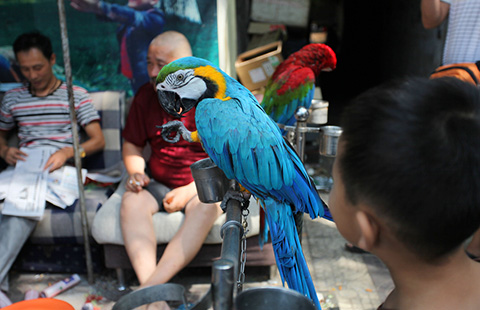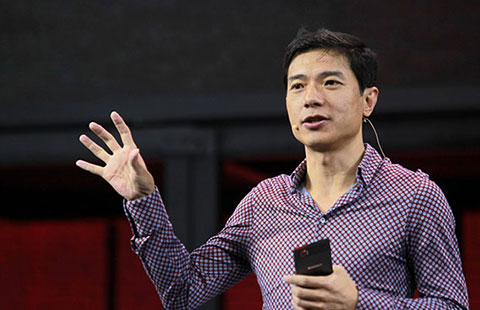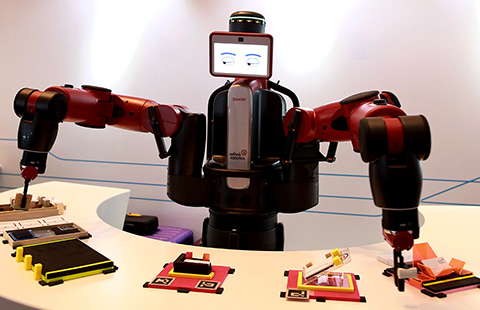Apple's tax payments leave a bad taste
By Fan Feifei (China Daily) Updated: 2015-09-11 13:02Apple Inc, the United States-based tech giant, reportedly paid 452 million yuan ($70.87 million) less tax that it should have in 2013, according to an inspection report issued by the Ministry of Finance.
It said Apple under-reported 8.799 billion yuan revenue and 3.446 billion yuan costs, and overstated 5.354 billion yuan profit.
It calculated maintenance costs, which are irrelevant to sales, as a pre-tax deduction and hence paid 452 million yuan less tax.
The company has paid back the related tax amount plus a 65 million yuan late fee, but has not been fined.
Ma Jun, a tax professor at the National Academy of Economic Strategy at the Chinese Academy of Social Sciences, told China Daily: "The country's tax laws are not complete and still have some flaws. Some big multinationals with sound financial system are exploiting the loopholes to avoid or pay less tax."
Apple officials refused to answer questions on the issue when contacted.
Shi Zhengwen, the deputy director of the Chinese association for fiscal and tax law, said small and medium-sized firms pay less tax by forging and destroying account books, while some big enterprises resort to illegal deductions, delayed confirmations and other measures, according to a report in Beijing Times.
Shi said that the tax authorities should increase penalties for companies that violate the law.
According to the ministry, the total amount of money involved in tax violations uncovered during the inspection reached 69.081 billion yuan by the end of last year.
It said that henceforth companies and executives will be fined and subject to administrative penalties, if cases of tax violation are established.
At present, the related enterprises and accounting firms are allowed to make the necessary rectifications.
The ministry will continue with its random inspection mechanism and explore ways to set up an "honesty file" and a "blacklist" system in the future.
This is not the first time that Apple has been charged with avoiding taxes.
Authorities in Italy said it avoided taxes to the tune of 879 million euros ($984 million) from 2008 to 2013, and their investigations confirmed the charges, Reuters said in a recent report.
Meng Jing and Zheng Yangpeng contributed to this story.
- Wealth management business to reach $19b in 10 years
- New Apple of the eye
- Deflation risks prompt more stimulus measures
- Bird market hidden in Xi’an ancient street
- Amidst changes, experts are optimistic for Chinese economy
- Chinese companies need to ensure better product quality
- IP protection will remain a priority for China
- Finnish paper maker driven by 'power of word'
















